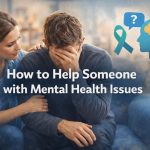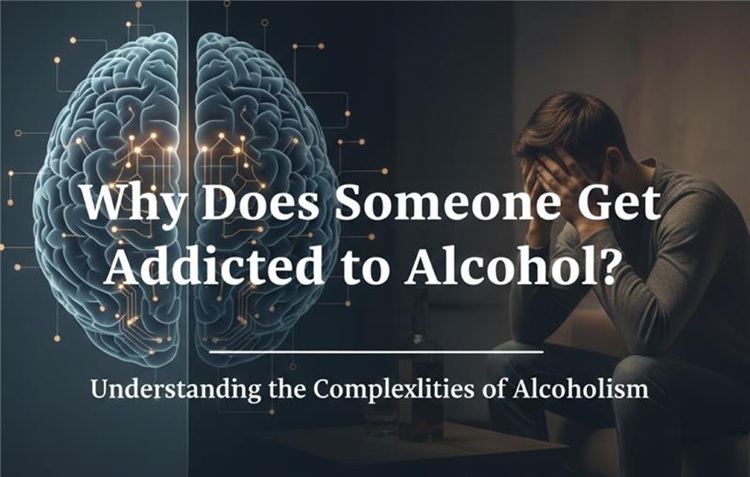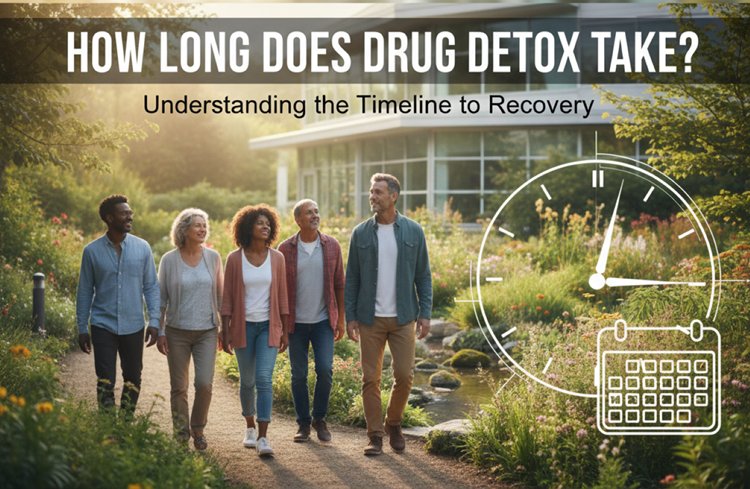Every year on August 30th, National Grief Awareness Day reminds us of the importance of understanding grief and supporting those who are grieving. Loss is an experiential commonality that is rarely discussed, and thus, many have to endure loss in loneliness. This awareness day provides an opportunity to recognize and appreciate the fact that grief is a natural and normal part of life, and communities are encouraged to be supportive by giving compassion, resources, and support.
Palm Coast Treatment Solutions acknowledges the powerful emotional responses associated with grief and how these may impact mental health, relationships, and overall well-being. We create awareness, so individuals and families can feel less alone when on their healing path.
The Purpose of National Grief Awareness Day
The goal of National Grief Awareness Day is to shine a light on the reality of grief and the importance of healthy grieving. Although all people have their ways of mourning, some of the general types of emotions are sadness, anger, guilt and relief. To:
- Normalize the grieving process – telling people that there is nothing wrong in the way they grieve.
- Promote discussions around loss; this will lessen stigma and isolation.
- Provide resources and support networks to persons who are experiencing prolonged or complicated grief is being experienced.
- Empower healing through the realization that grieving is a process, and not one episode.
By taking part in this day, families, communities, and mental health professionals can unite to develop a culture that is empathetic and understanding.
Ways to Celebrate Grief Awareness Day
Honoring August 30 National Grief Awareness Day 2025 can be both personal and collective. These are some great activities to do, whether you are grieving or helping a loved one in their grieving:
Talk about the person who is the subject of your grief and also about the grief journey you experienced.
- Light a Candle – Have a moment of reflection and light a candle to remember of one who is loved.
- Raise Local Awareness – Churches, support groups, and local organizations can stage grief workshops or remembrance ceremonies.
- Practice Self-Care – Grief is both physically and mentally exhausting, so rest, meditate, or write out your thoughts.
- Be a Comforter – Provide a listening ear to a friend, volunteer in the local grief support group.
- Spread the Word on the Internet – Use social media to post facts, quotes, or reflections on grief awareness online using hashtags such as #GriefAwarenessDay.
- Create a Memory Box A – Gather letters, photographs, or memorabilia of a loved one to remember them.
Participating in such activities serves to both eliminate the stigma on grief and also create relationships and closure.
100% Confidential Support is Available 24/7
No matter what you’re going through, you’re not alone. Our dedicated team is here to provide a safe, judgment-free space where you can talk openly and honestly. Whether you need emotional support, resources, or just someone to listen.
We’re here for you—completely confidential and always respectful of your privacy. Call us today!
7 Things You Need to Know About Grief
The state of grief is easily misrepresented. Here are some of the most important truths everyone should know
- Grief is Universal – grief will come to all people at some point in their lives, in the event of the death of a loved one to loss of a job or even to a way of life.
- There is no timetable – the healing process takes some time and not everyone will follow the same timeline. This is not about the process of overcoming it but the process of learning to live with it.
- Mourning Grief Presents in Different Ways – Some wail profusely and others hide. Other hardware effects include physical symptoms such as fatigue, headaches and sleeping problems.
- The Grief Stages are not Linear – Although people often speak of the stages of grief as denial, anger, bargaining, depression, and acceptance, they may backtrack between levels.
- Unresolved Grief May Alter Mental Health Status – Grief that does not get resolved leads to problems such as depression, anxiety, and alcohol or substance abuse. Professional assistance can be required
- Children Mourn as well – Kids do not exhibit senses like adults do, but they feel the impact of the loss a lot.
- Support Matters – A good support system in terms of family and friends, or even a grief counselor, helps.
Knowledge of these realities can guide people through their personal experience of a loss and go a long way in assisting other people who are hurt.
Conclusion
National Grief Awareness Day on August 30th is more than just a date; it’s a reminder that grief is part of life and deserves acknowledgment, compassion, and support. This day reminds us to come to the aid of anyone who is in need, irrespective of whether they have had a loss in their lives or are presently on the side of those who have suffered a loss.
At Palm Coast Treatment Solutions, we exist to support the bereaved in processing their grief in healthy ways and find their strength in healing. When you or a loved one becomes overwhelmed by loss, we are here to help. Contact us now at (386) 284-4151.






















